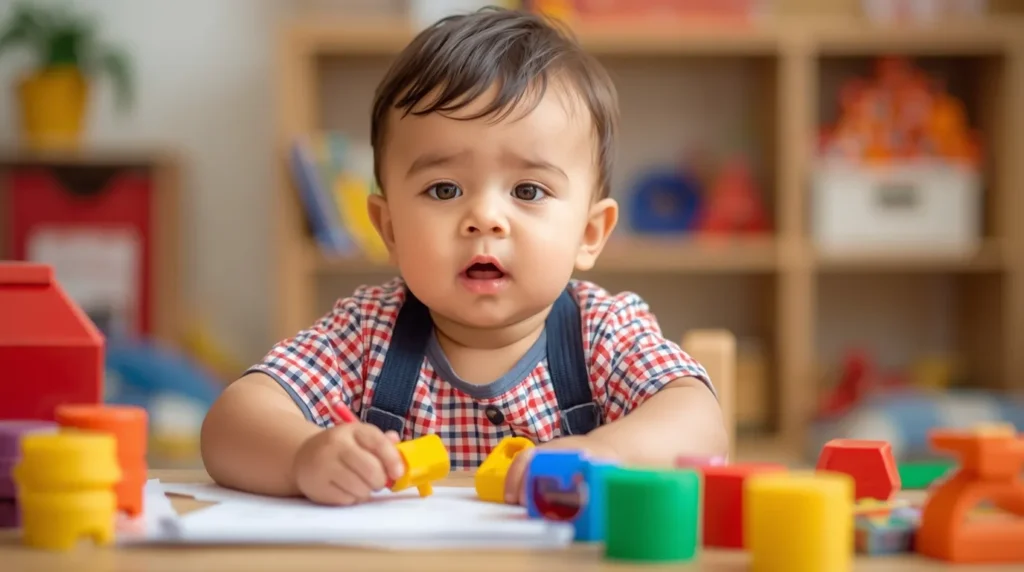Fun Educational Activities for Toddlers
Toddlers are naturally curious, energetic, and eager to explore the world around them. Engaging them in fun educational activities not only keeps them entertained but also promotes their cognitive, social, and motor skill development. The key is to blend learning with play so that they enjoy the process while building essential skills.
Whether you’re a parent, caregiver, or educator, incorporating simple and interactive activities into your toddler’s routine can lay the foundation for lifelong learning.
1. Sensory Play
- What it is: Activities that stimulate the senses (touch, sight, smell, sound, taste).
- Examples: Playing with sand, water, rice, or playdough; exploring textured fabrics or scented objects.
- Benefits: Improves fine motor skills, encourages curiosity, and enhances cognitive development.
💡 Tip: Always supervise toddlers during sensory play, especially with small objects.
2. Storytime and Reading
- Read colorful picture books or interactive storybooks.
- Ask simple questions about the story to engage them.
- Benefits: Strengthens vocabulary, improves listening skills, and sparks imagination.
3. Arts and Crafts
- Activities: Finger painting, coloring, stamping, or simple collages.
- Benefits: Boosts creativity, hand-eye coordination, and concentration.
- Use safe, non-toxic materials suitable for toddlers.
4. Music and Movement
- Activities: Singing songs, dancing, clapping, or playing with musical toys.
- Benefits: Enhances memory, rhythm, coordination, and emotional expression.
- Include simple instruments like tambourines, shakers, or drums.
5. Counting and Sorting Games
- Use toys, blocks, or snacks to teach basic counting and sorting.
- Examples: Sorting shapes by color, stacking blocks by size, or counting fruit pieces.
- Benefits: Builds early math skills, problem-solving abilities, and logical thinking.
6. Outdoor Exploration
- Take toddlers on nature walks, let them collect leaves, rocks, or flowers.
- Activities: Identify colors, shapes, or sounds in nature.
- Benefits: Encourages curiosity, physical activity, and observation skills.
7. Role Play and Pretend Games
- Provide props like toy kitchens, doctor kits, or dolls.
- Benefits: Develops social skills, emotional understanding, and creativity.
- Encourage them to act out everyday scenarios to understand the world.
8. Simple Puzzles and Building Blocks
- Activities: Age-appropriate puzzles, stacking blocks, or shape sorters.
- Benefits: Enhances problem-solving skills, hand-eye coordination, and focus.
Final Thoughts
Educational activities for toddlers should be fun, safe, and engaging. The goal is to foster curiosity, creativity, and essential skills in a playful environment. By introducing a variety of sensory, cognitive, and physical activities, parents and caregivers can support holistic development while creating enjoyable bonding moments. Remember, at this age, the learning process is just as important as the outcome — and every small play session contributes to lifelong growth.

